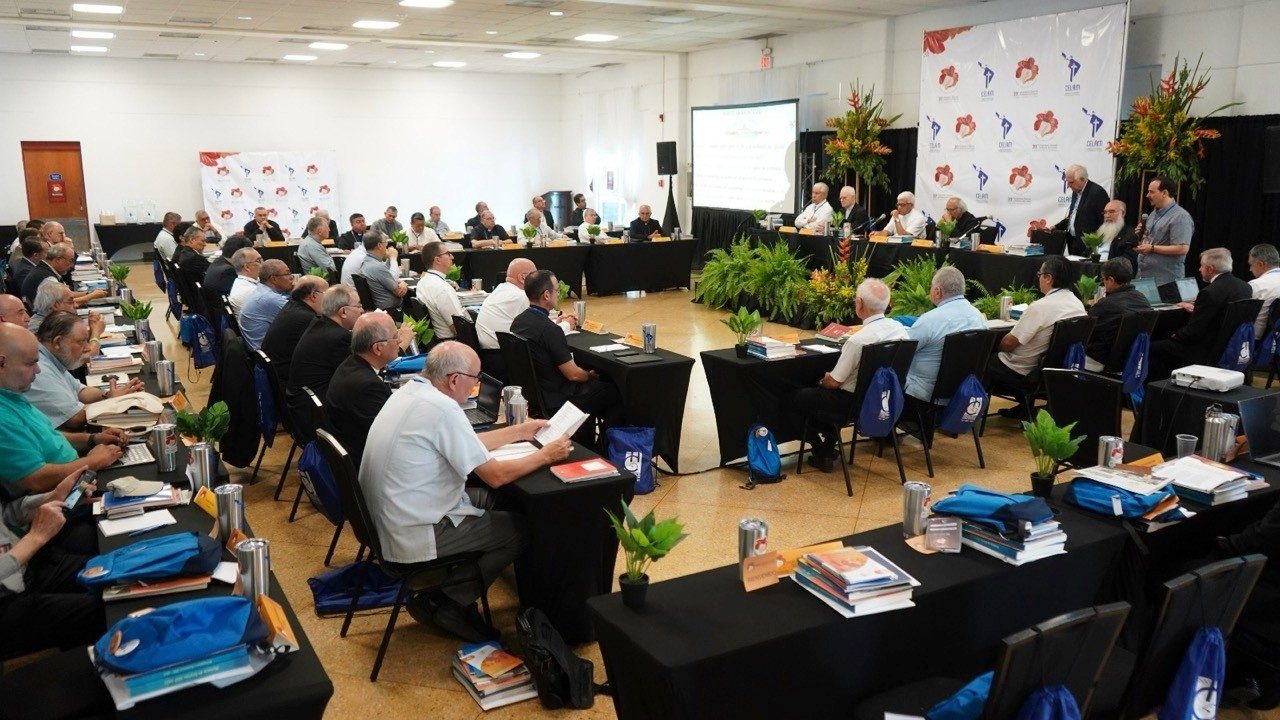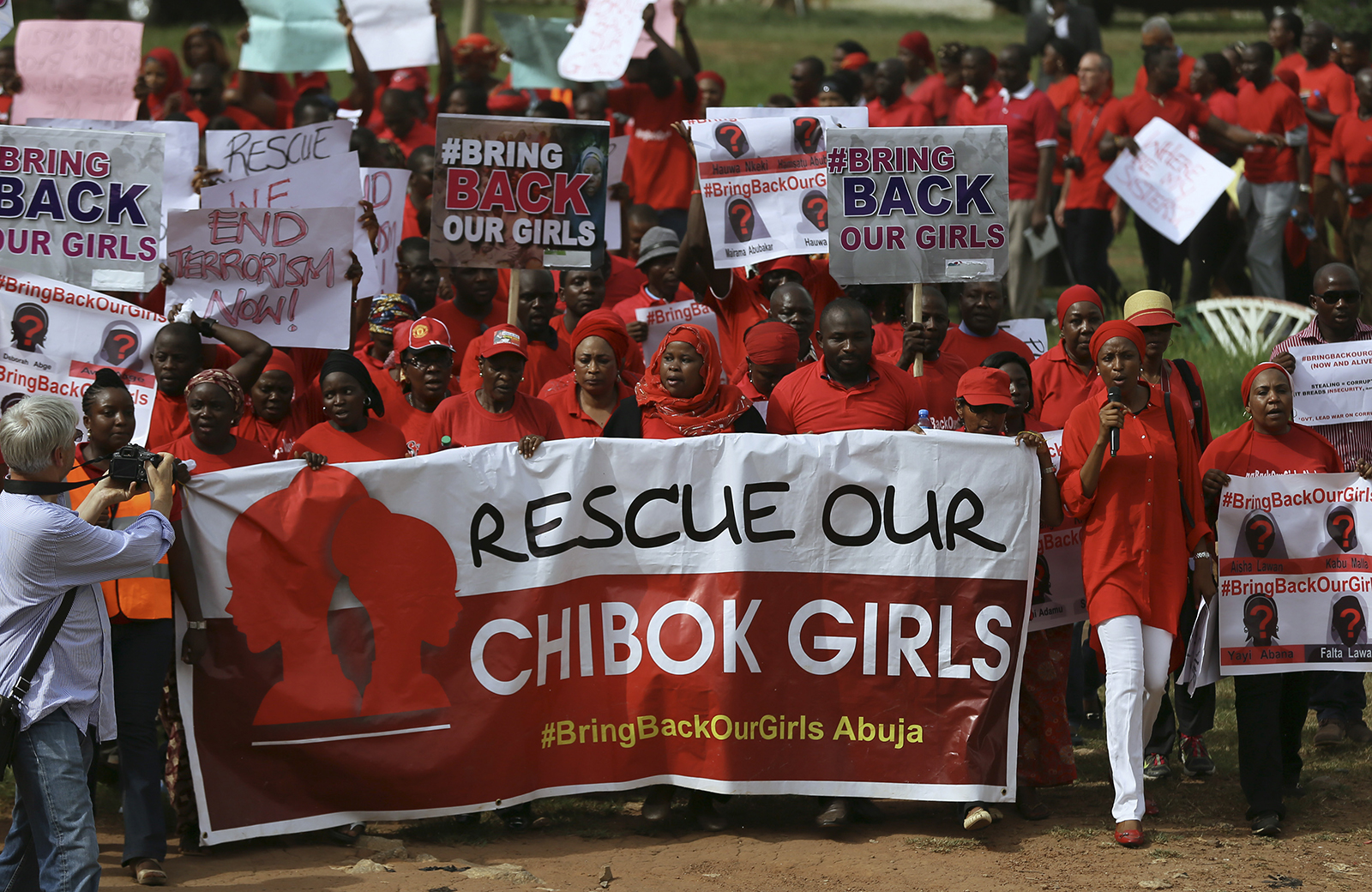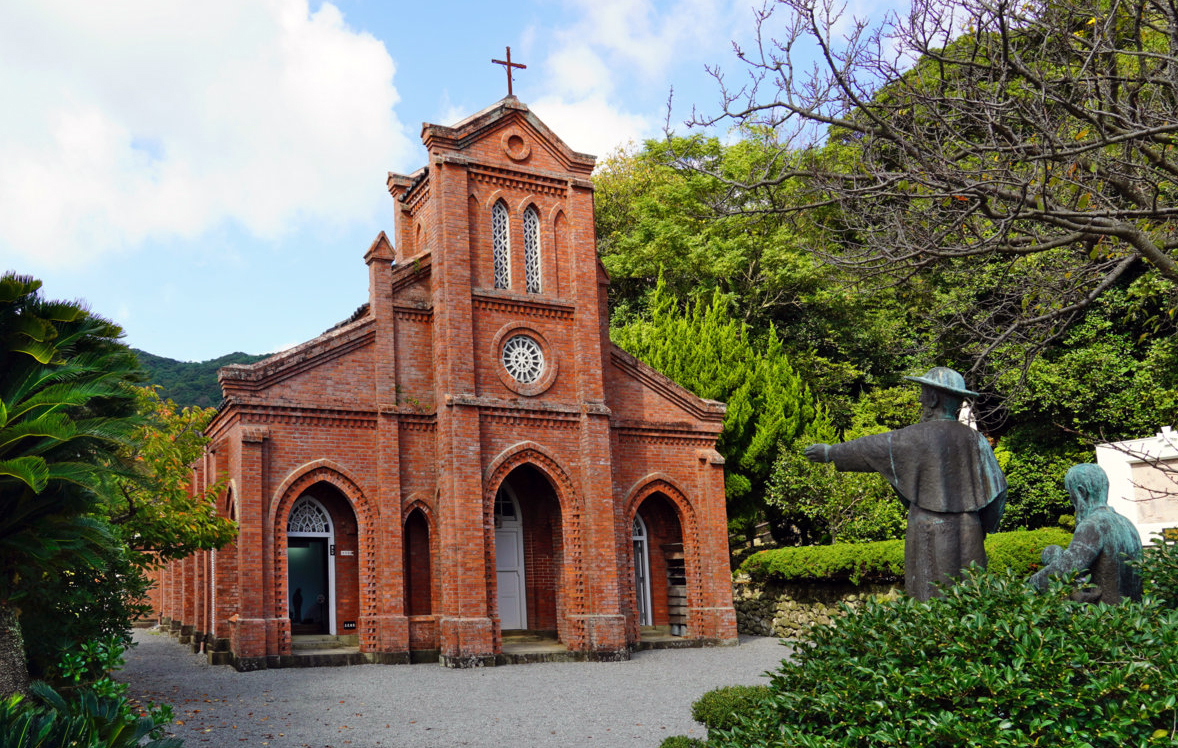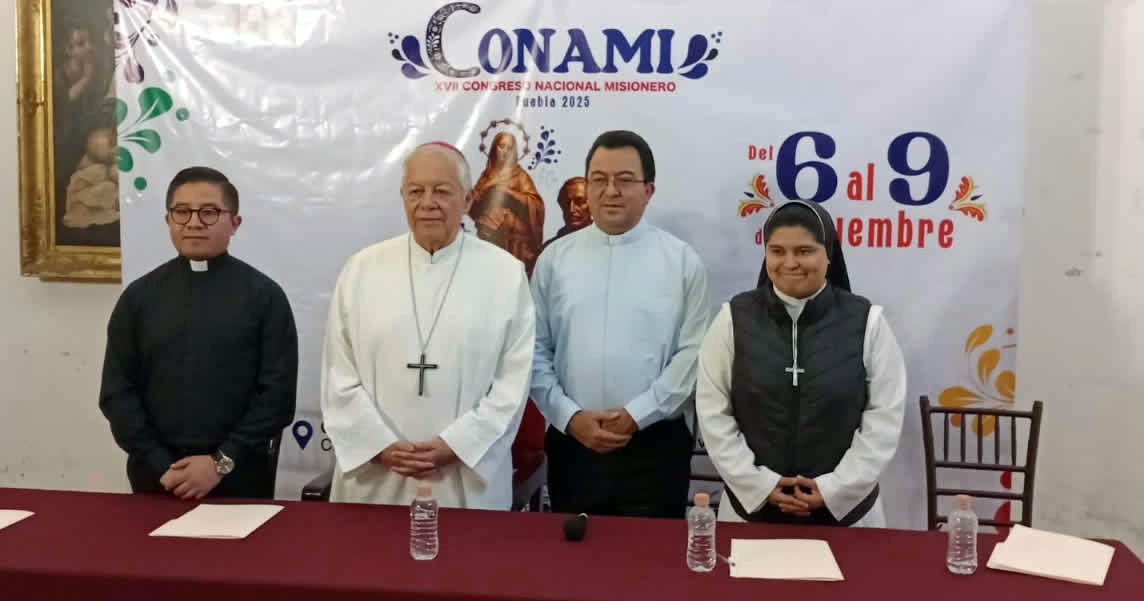The global drug problem
Joaquim Magalhães de Castro
The fact that drug trafficking is able to infiltrate and corrupt the power of the State, the police, the armed forces, the media, companies; in short, all institutions of democracy, is a cause for great concern for societies in general. And the Catholic Church, attentive, does not miss the opportunity to express itself whenever this issue arises.
More recently, this stance materialized in an urgent appeal launched by the Presidency of the Council of Episcopal Conferences of Latin America and the Caribbean (CELAM) on the occasion of the International Day against Drug Abuse and Illicit Trafficking, which is celebrated every year on June 26th. In their message, the bishops of that region of the planet lamented the fact that a series of illegal activities rely on the “complicity of financial systems”, which allows them to evade all types of control and inspections and even use “financial financing decentralized through cryptocurrencies”. In fact, drug trafficking promotes the dissolution of States, the replacement of the rule of law by another law, literally, the law of the strongest. And this is a clear sign of the collapse of our civilization.
“How can we not express our concern these days?” ask the Latin American and Caribbean bishops, reminding their faithful that all life is sacred, whilst encouraging members of the Church, in particular, and the people of Latin America and the Caribbean, in general, not to give up and to continue working to protect life, placing it above power and money. “Where we welcome those who suffer, where we create the conditions for integral human development and where we spread the table so that everyone can eat, hope is born,” they emphasize.
In Latin America and the Caribbean, drug trafficking networks are gaining more and more space, to the point of forming their own armies and violent gangs with a view to controlling different territories. Added to this is the damage they cause to young people, who often lose their lives due to the consumption of these psychotropic substances, as well as to families who are devastated by such a painful reality. Two years ago, CELAM created the Latin American Office of Pastoral and Addiction Prevention to better place itself once again at the service of life and bring together all the spaces in the region that are “committed to protecting it” – in the words of the prelates – who conclude their message with a prayer for the victims of drug trafficking, asking for the intercession of the Virgin of Guadalupe, patron saint of the Americas, to bless the lives of all people and encourage them to find the paths of peace that lead to a full life.
According to the Harvard International Review, several scholars attribute the increase in drug trafficking in Latin America to the region’s instability and its complex political and social scenario. Latin America has long been a region of deep inequality; in 1985, 45.6% of Colombians and about 25% of Mexicans lived below the poverty line. “Income disparities have driven people towards the lucrative illegal drug market to earn ‘easy money’ and escape a life of need,” indicates the renowned magazine.
Organized crime and rising violence in Latin America threaten the safety of residents and challenge governments. A third of global murders occur annually in Latin America, often linked to organized crime. And this phenomenon worsens humanitarian crises, including mass migration, at least in the opinion of the International Crisis Group, an independent organization that works to prevent wars and shape policies that will build a more peaceful world.
Topics such as drug trafficking, migration, human rights violations, peace and environmental protection were addressed by the Working Group for Colombia (GTC) which recently met in Rome with a view to strengthening peace and social justice in that country. During the meeting with Pope Francis on June 12, Bishop Tibù Israel Bravo Cortés – who is a member of the Colombian Episcopal Commission for Social Communication – described Colombia as “a noble country, with admirable people and workers”, but which, unfortunately, suffers enormous suffering “due to the violence that has plagued us for more than 70 years”.
As the Social Pastoral of Caritas Colombiana highlighted, concerted action is urgently needed to establish peace and justice in the country, addressing current problems “from a perspective of solidarity, spirituality and international cooperation”. The group, made up of Caritas representatives from Norway, England and Wales, Scotland, Spain, Germany, the United States, Latin America and the Caribbean together with Caritas Social Pastoral Colombiana (Caritas Colombiana) held a series of meetings in Rome, from 12 to 14 June, to analyze the 32 years of its activity and place Colombia’s critical problems on the international agenda.


 Follow
Follow


